South Africa
South African President Cyril Ramaphosa ordered an inquiry Wednesday to establish whether previous governments led by his party intentionally blocked investigations and prosecutions of apartheid-era crimes.
The landmark move, which survivors and families of those who were killed have demanded for more than 20 years, will address allegations of “improper influence in delaying or hindering” investigations that have been levelled against post-apartheid governments led by the African National Congress party, Ramaphosa's office said in a statement.
The ANC was the organization at the forefront of the battle against the system of white minority rule and led South Africa to democracy in 1994. But ANC-led governments since then have been criticized by some for prioritizing national reconciliation ahead of justice for victims.
Ramaphosa's announcement of a judicial commission of inquiry came after 25 survivors and relatives of victims of apartheid-era crimes launched a court case against his government in January seeking damages. They alleged that successive South African governments since the late 1990s had failed to properly investigate unresolved killings, disappearances and other crimes during the time of forced racial segregation despite recommendations made by the post-apartheid Truth and Reconciliation Commission.
The new inquiry was part of a settlement agreement in the January court case, Ramaphosa's office said.
“President Ramaphosa appreciates the anguish and frustration of the families of victims, who have fought for so many years for justice,” it said.
The Truth and Reconciliation Commission was set up in 1996 by then-President Nelson Mandela under the chairmanship of fellow Nobel Peace Prize winner Desmond Tutu. Its mission was to expose and record apartheid-era crimes and give some of those responsible an opportunity to confess their role, including members of the apartheid government's state security forces that were implicated in many killings.
Some were granted amnesty from prosecution, but others didn't come forward and thousands were denied amnesty.
One of the most prominent unresolved cases is that of the Cradock Four, a group of Black anti-apartheid activists who were abducted and murdered by security forces in 1985. Their bodies were burned and security officers were suspected of torturing them.
Six former police officers appeared before the commission in 1999 over the murders of Fort Calata, Matthew Goniwe, Sicelo Mhlauli, and Sparrow Mkonto, but none of them were granted amnesty.
No one has been prosecuted for the killings and the circumstances of the deaths have never been fully revealed. They are among the thousands of crimes during apartheid where victims and families still haven't seen justice.
Lukhanyo Calata, whose father Fort was one of the Cradock Four, is part of the group that took the current South African government to court in January. He said at the start of that court case that successive South African governments since the administration of President Thabo Mbeki from 1999-2008 had failed to act on the commission's recommendations and had denied victims and their families justice. He and other relatives say that government ministers intervened to prevent the investigation and prosecution of crimes.
While the majority of the victims of apartheid-era crimes were Black, whites have also sought justice decades later.




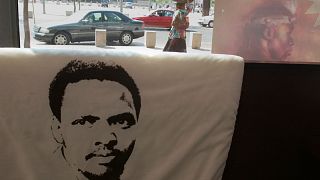

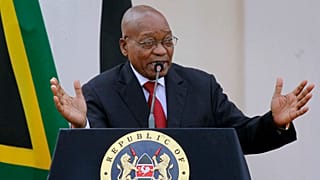
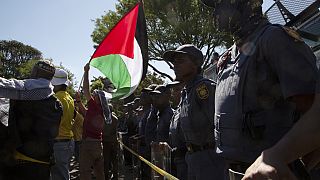
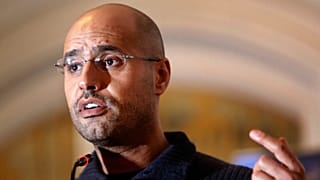
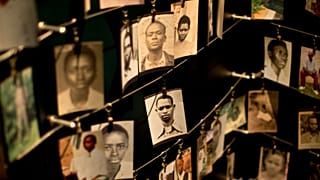
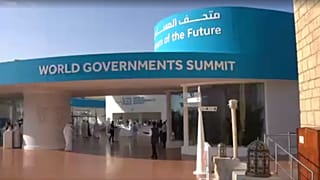
02:11
Protesters in Johannesburg call on US to release Venezuela's Maduro
01:03
South Africa to probe Iran’s role in naval drills that angered US
01:32
South Africa's ANC party launches reform plan to win back votes in local polls
01:50
South Africa: Protesters condemn US attack on Venezuela
01:47
Ramaphosa urges UN action after US capture of Venezuela’s President Maduro
01:47
9 killed, 10 wounded in South Africa pub shooting